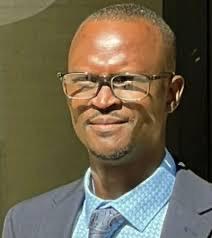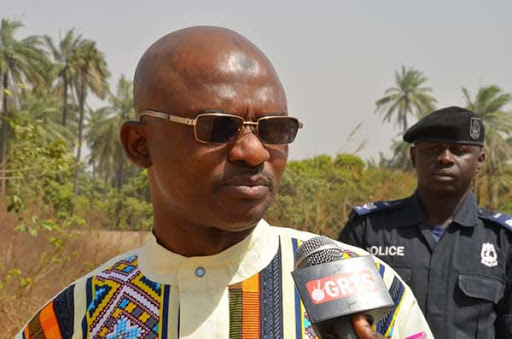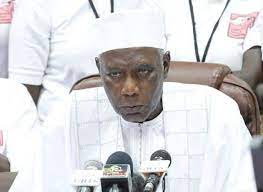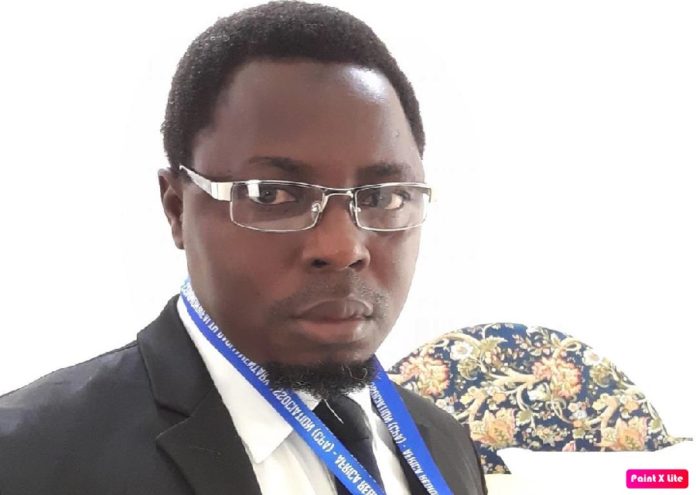By: Nyima Sillah
Lamin Keita, U.S.-based Gambian political scientist says The Gambia’s democratic journey is at a crossroads amid growing youth discontent and political uncertainty.
Speaking to Voice Newspaper recently, Keita reveals that since the fall of Yahya Jammeh’s 22-year rule in 2016, The Gambia has experienced significant political changes under President Adama Barrow.
“His government came with promises of reform and healing. But the current situation presents a mixed picture of some progress, but also signs of backsliding,” he said.
Keita notes that Barrow’s time in office has shown moments of responsiveness to the people, but also attempts to retain power. “Cases of political harassment, pressure on the media, and restrictions on protests are worrying signs. This combination of progress and old habits raises a critical question: are we moving forward or falling back?” he asked in a recent interview with this medium.
He discloses that the recent youth protests over the sale of Jammeh’s assets shows how trust in Barrow’s government is weakening, as many young protesters believe the secrecy surrounding the sales is no different from the lack of transparency under Jammeh.
“They argue that the lack of explanation and the absence of public benefit from the assets sales show that power still rests with the elite, not the people. The government’s handling of the protests only made matters worse,” he added.
Looking ahead to the 2026 elections, Keita said the political scene remains uncertain, with a key factor being whether opposition parties can unite. “In the past, opposition groups failed to come together due to personal and political differences. But with rising public anger and a growing desire for change among the youth, there is now a real chance for unity,” he pointed out.
He added that community organization, online activism, and public perception of opposition leaders will play a major role in the next vote. “Though people hoped for change, the Barrow government continues to face pressure over its governance. Reports of police violence, arbitrary arrests, and threats against journalists and activists persist. Institutions meant to uphold justice remain weak and affected by corruption,” he emphasized.
He further stated that while The Gambia was no longer under dictatorship, the fight for a fair and transparent society was far from over. “As frustration grows and tensions rise, the country stands at a turning point. The actions of both leaders and citizens will determine the future of our democracy,” Keita observed.





